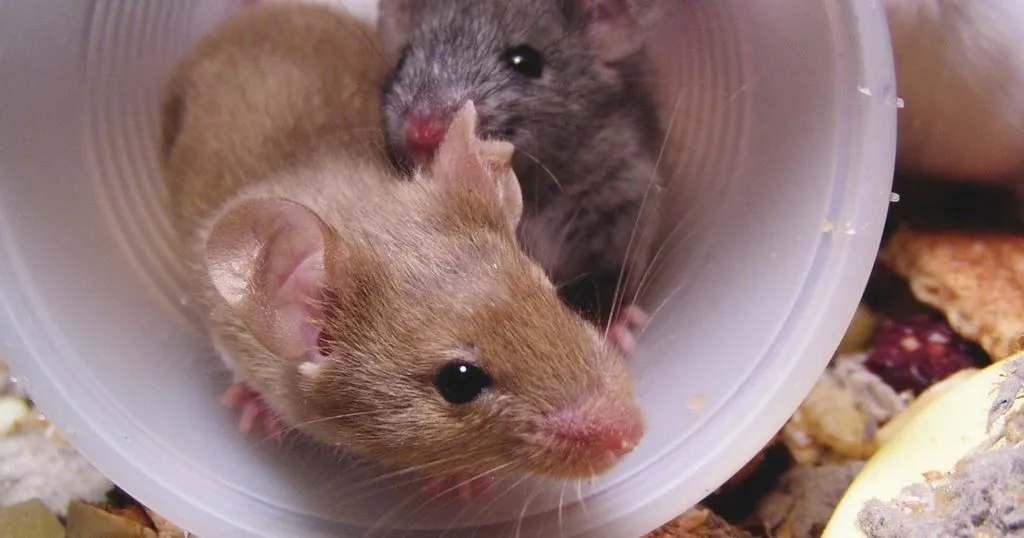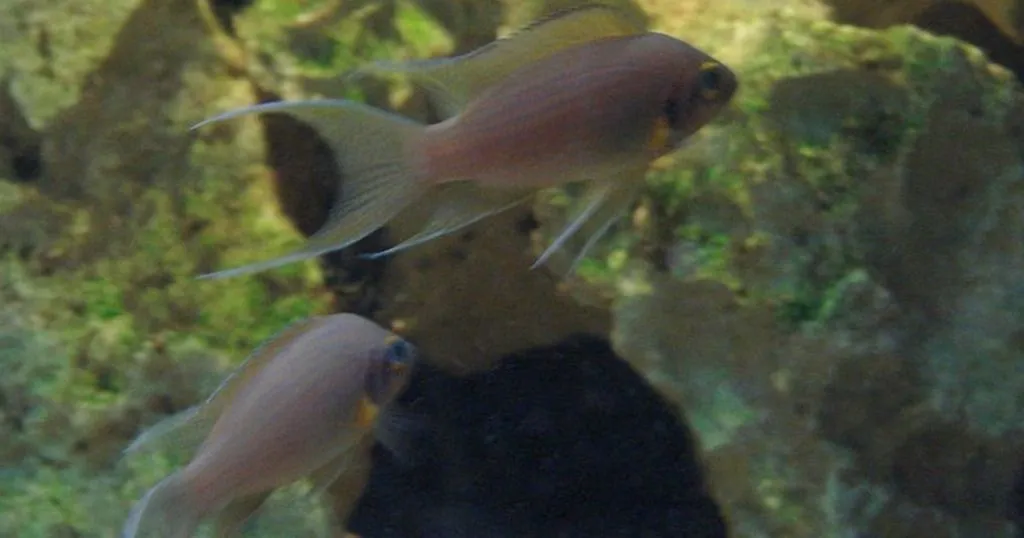Blog posts tagged with aggression

03 Nov
animal behavior research
Social Behavior
Using the Observer XT to measure aggressive behavior in Dolphins
The Observer XT is often used in the field to score complex ethograms. This blog touches upon a study of the 'Wild Dolphin Project' that investigates aggresive behavior between two species of dolphins.

23 Jul
animal behavior research
Anxiety, Depression and Fear
Revealing the secret social role of the CA2 hippocampus
Aggressive behavior is adaptive for most species. But how is this aggressive behavior mediated in the brain? A study indicates that the hippocampus is a crucial neural component in mediating social recognition.

18 Aug
animal behavior research
Other (Animal)
The accuracy of measuring fish aggression by using mirror tests
To examine the response of cichlids to their mirror image, Balzarini et al. used three sympatric species from Lake Tanganyika and did the mirror test for measuring aggression.

23 Oct
animal behavior research
Other (Animal)
Primate behavior - cracking the nut, fur rubbing & mating behavior
Interested in primatology? Today we present to you three blog posts and a couple of interesting websites!

24 Feb
animal behavior research
Zebrafish Research
The search for robust fear inducing stimuli in zebrafish research
Zebrafish behavioral research has grown by leaps and bounds, and behavioral paradigms are being developed with the aim of better understanding mechanisms that might underlie aberrant behavioral phenotypes.